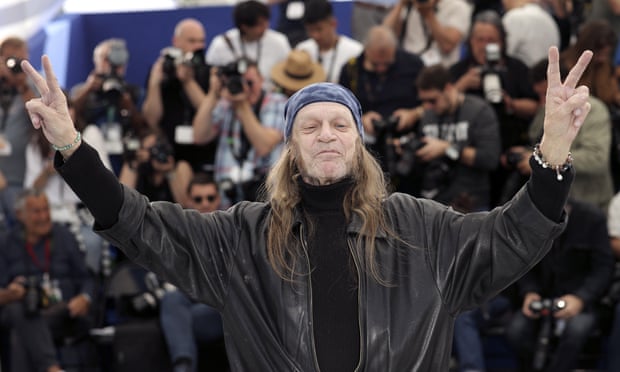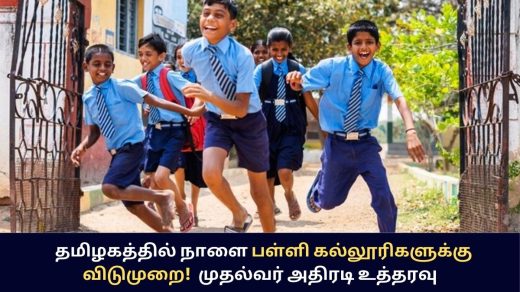Vitali, who gave up acting to become the demanding director’s right-hand man, died in Los Angeles on Friday

Leon Vitali, the Barry Lyndon actor who became one of Stanley Kubrick’s closest associates, has died at the age of 74.
Vitali died on Friday in Los Angeles, his family said on Sunday. He died peacefully surrounded by loved ones including his three children, Masha, Max and Vera.
“Leon was a special and lovely man driven by his curiosity, who spread love and warmth wherever he went,” his children said. “He will be remembered with love and be hugely missed by the many people he touched.”
Though Vitali was often described as Kubrick’s assistant, the 2017 documentary Filmworker shed light on his enormous and largely unsung contributions to the work of one of cinema’s greatest figures, from The Shining through Eyes Wide Shut. He did everything from casting and coaching actors to overseeing restorations. Vitali even once set up a video monitor so Kubrick could keep an eye on his dying cat.
Matthew Modine, who starred in Kubrick’s Full Metal Jacket, tweeted his condolences on Sunday.

“There are people we meet who have a profound impact upon our lives. Leon Vitali was one such person in mine,” Modine wrote. “An artist in every aspect of his life. A loving father and friend to so many. A kind, generous and forgiving nature. He exemplified and personified grace.”
The film-maker Lee Unkrich also tweeted that he was “completely heartbroken”. “He helped me enormously with my Shining book and I’m gutted that he won’t see it. He was a sweet, kind, humble, generous man and a vital part of Stanley Kubrick’s team.”
Before meeting Kubrick, Vitali was a rising actor in the UK, appearing in several British television shows including Softly, Softly, Follyfoot, Z Cars and Notorious Woman.
In 1974 he was cast in Barry Lyndon as Lord Bullingdon, the son-in-law of Ryan O’Neal’s title character.
Vitali was so fascinated by Kubrick and his processes that he made the unusual decision to give up on acting and devote himself entirely to the famously demanding director for more than two decades.
Vitali’s next Kubrick credit was as “personal assistant to the director” on The Shining, though that’s only part of the story; he famously helped cast four-year-old Danny Lloyd to play Danny Torrance and Louise and Lisa Burns as the creepy Grady twins (citing Diane Arbus as inspiration).
“Meeting Stanley was a turning point for me,” he told the Guardian in 2017. “Through him, I started seeing things from a different angle. I talked to Stanley about working with him, and he said, ‘OK, let’s see what happens.’” That same year, he described his decision to give up acting as the “one truly, truly radical change in my life”.
After Kubrick’s death in 1999 Vitali oversaw restorations of many of Kubrick’s films and received a Cinema Audio Society award for his work. He later worked with the director Todd Field on his films Little Children and In the Bedroom.
Before making the documentary Filmworker, its director, Tony Zierra, said he and many Kubrick-obsessed fans knew Vitali for his performances in Barry Lyndon and Eyes Wide Shut, in which he played Red Cloak, and for being a key member of Kubrick’s inner circle. But when he finally met Vitali to make the film, he was struck by “his kindness, humility and the fascinating scope of his story”.
Zierra is working on a director’s cut of Filmworker that will include new footage that he and Vitali wanted in the film but couldn’t get done in time for its Cannes debut in 2017.
… as you’re joining us today from India, we have a small favour to ask. Tens of millions have placed their trust in the Guardian’s fearless journalism since we started publishing 200 years ago, turning to us in moments of crisis, uncertainty, solidarity and hope. More than 1.5 million supporters, from 180 countries, now power us financially – keeping us open to all, and fiercely independent.
Unlike many others, the Guardian has no shareholders and no billionaire owner. Just the determination and passion to deliver high-impact global reporting, always free from commercial or political influence. Reporting like this is vital for democracy, for fairness and to demand better from the powerful.
And we provide all this for free, for everyone to read. We do this because we believe in information equality. Greater numbers of people can keep track of the events shaping our world, understand their impact on people and communities, and become inspired to take meaningful action. Millions can benefit from open access to quality, truthful news, regardless of their ability to pay for it.
Every contribution, however big or small, powers our journalism and sustains our future. Support the Guardian from as little as $1 – it only takes a minute. If you can, please consider supporting us with a regular amount each month. Thank you.


